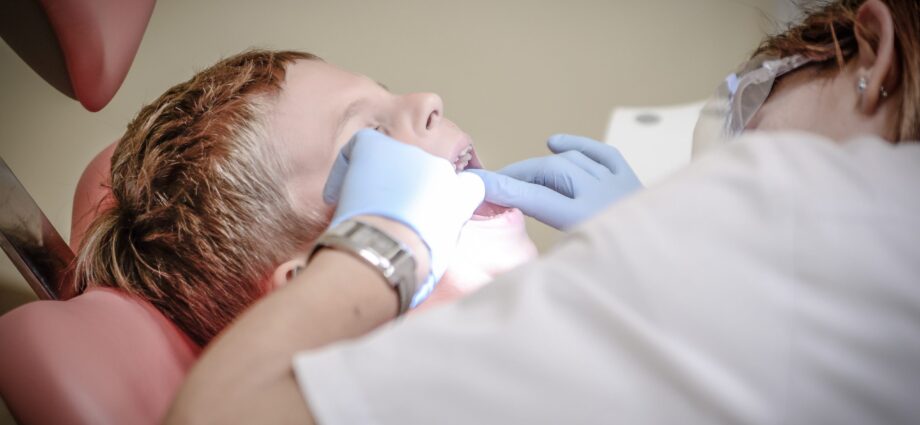No matter your age and other factors, you should schedule dental visits every six months. While regular oral exams and cleanings can help avoid common conditions that affect teeth and gums, you may still experience symptoms from time to time. Below are the signs that you need to find a clinic for general dentistry in Union City without delay.
- Toothache: If you have throbbing pain in one or more of your teeth, you should schedule an appointment immediately. Toothaches are often related to injuries, deep infections, and cavities, and without early intervention, the symptoms are likely to get worse.
- Bleeding gums: The first stage of gum disease is called gingivitis, and while symptoms include bleeding and inflammation, the condition is usually reversible. If you have been regular with your oral hygiene habits but still have such signs, check with a dentist.
- Frequent headaches: Ongoing headaches, coupled with jaw pain, could be a sign of TMJ or other dental conditions. Don’t assume that painkillers can fix the concern. You need to see an experienced dentist for diagnosis and treatment.
- Chipped/cracked teeth: While our teeth are durable, it is not unusual to have a chipped or cracked tooth. There are several treatments to fix such concerns, and your dentist can do a detailed oral exam to find the best way to address your concerns.
- Stained teeth: If you have stained or discolored teeth, it could result from tobacco usage and consuming dark foods and beverages, such as red wine and coffee. A regular dentist can do an in-office whitening procedure or recommend a take-home kit that will come with custom trays and a bleaching product.
- Loose teeth: Injuries or gum disease can cause loose teeth, and it is a dental emergency that needs immediate attention. Talk to your dentist ASAP to get treatment, as it could be possible to reverse the damage and retain your natural teeth.
- Bad breath: Using mouthwash and following proper brushing and flossing techniques can help prevent bad breath, also known as halitosis. However, if you are still experiencing persistent bad breath after doing everything, it could be a sign of an underlying condition. See a dentist immediately to fix this embarrassing concern.
With new technology and advancements in dental science, the most common concerns affecting gums and teeth can be fixed without many risks. Just don’t delay seeking treatment, assuming that your condition will improve on its own.

